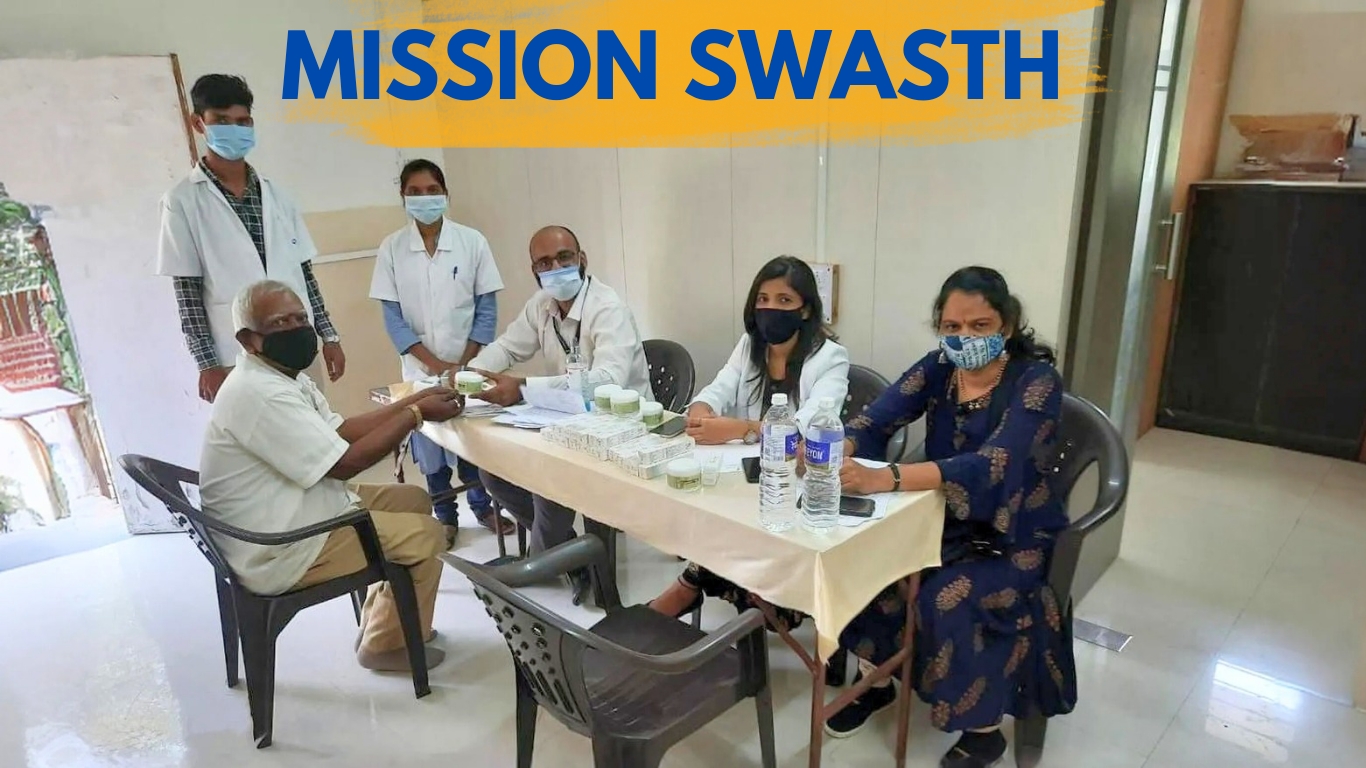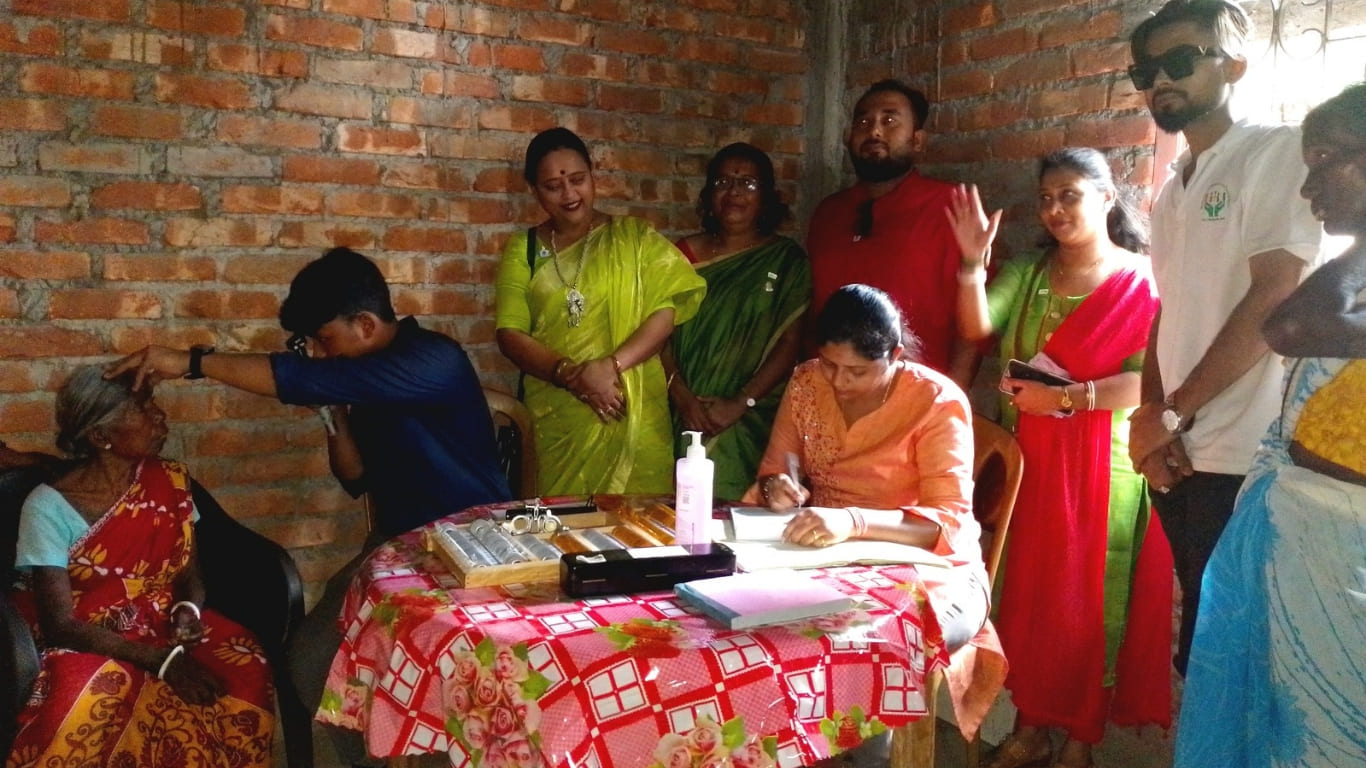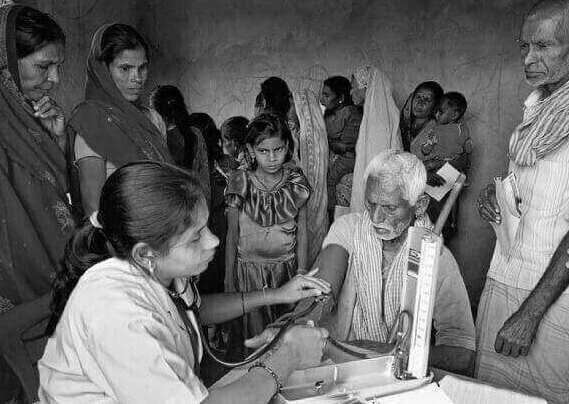
Health : Mission Swasth


Health : : Mission Swasth
India has made rapid strides in the health sector since independence. However, various eye opening data from NFHS reveal that access to healthcare remains a challenge. Apart from various challenges they face in their struggle to get medical treatment such as long dates for various diagnostic tests & procedures, expensive medicines and other treatments, the most difficult challenge they face is to get their basic needs met in the capital city of India which are food, clothing and shelter. The need of the hour is thus a two pronged approach, first to bring quality healthcare services to doorsteps of the needy and second to promote healthcare awareness and contemporary health care seeking behavior among the underprivileged.
We are also supporting menstrual healthcare facilities for women. It aims to create an environmental and social change by highlighting menstrual practices that are healthy, hygienic, environmentally sustainable, culturally responsive and empowering for women. The program also aims at educating women on issues of health and personal hygiene. It is the right of every woman and girls to have access to affordable and adequate menstrual and reproductive healthcare. The initiative AAROHI has multi-pronged objectives. Though primarily, it aims at improving healthcare and hygiene and taking a conscious step towards environment conservation. We support emergency hospital transportation of sick children to and from Dharmashala near AIIMS, Children Cancer OPD, organise generic and specialised mobile health camps for children in far-flung slum areas of Delhi NCR and conducting health awareness campaigns to make children and their families aware about their role in the prevention of several diseases and maintaining a healthy environment.
What We Did Last Year


Inspiring Stories
“I am recovering slowly, thanks to the doctor who cured me.”
– Ramdhar Singh, Madhya Pradesh
When asthma and skin problem worsened, 55-year-old Ramadhar Singh had to discontinue his work in the nearby farms as a daily wager. It bounds Ramdhar to stay at home, causing his wife to work in the fields to fulfill the basic household needs. Due to lack of access to medical facilities in the village, the residents had to travel around 12 km to reach the nearest Community Health Centre (CHC) in UP district whenever they were suffering with health problems. People like Ramdhar avoided this, because they could not afford to lose a day’s wage. Dr. M. K. Varma, who heads the project team of Mission Swasth clinic in UP identified Ramdhar’s problems. Under his prescription, effective tablets and ointments provided to him,after 15 days Ramdhar’s health started improving. Ramdhar has now recommenced his work in the farms. He continues to take his medicines for asthma and also takes part in mobilising other villagers in seeking healthcare from the Mission Swasth.
